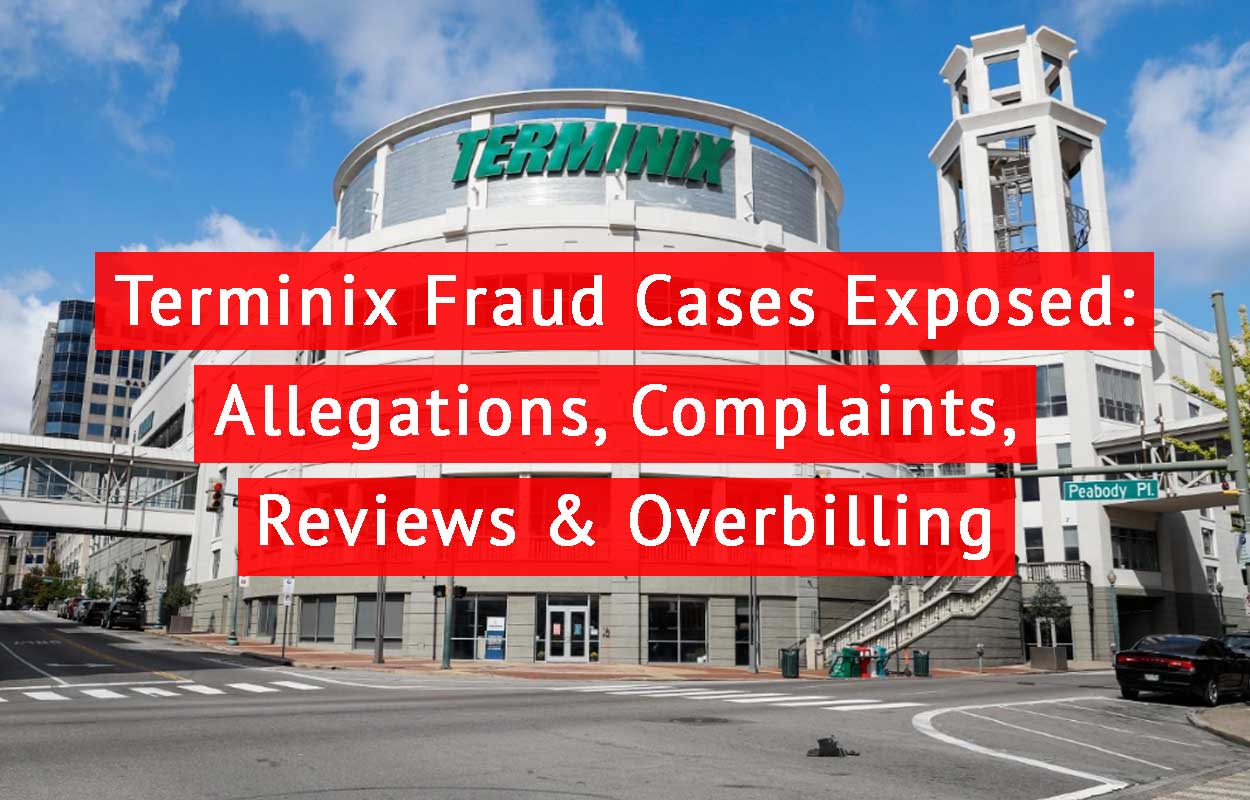When pests invade your home, the first thing you want is a quick and effective solution. Hiring an exterminator seems like the best choice. But how can you be sure the person at your door or on the phone is a real professional and not a scammer? Unfortunately, pest control fraud is a growing problem, and many homeowners fall victim to fake exterminators who promise the world but deliver nothing. In this blog, we'll explore how to recognize these frauds, protect yourself, and ensure your home gets the care it needs.
Why Pest Control Fraud Happens
Pest problems can be stressful and urgent. Scammers take advantage of this urgency by offering low prices, quick fixes, or scare tactics to push you into hiring them without proper checks. These fraudsters often use fake company names, unlicensed workers, or substandard products that don't solve your pest issues. In some cases, they may even cause more damage or leave your home vulnerable to future infestations.
One well-known example in the industry is the rise of terminix fraud cases, where fake or unlicensed operators impersonate reputable companies like Terminix to gain trust. This makes it even more important to be cautious and informed before hiring anyone.
Common Signs of Pest Control Scams
Here are some red flags to watch out for when dealing with exterminators:
-
Unsolicited Visits or Calls: Real companies rarely show up uninvited or make aggressive cold calls. If someone knocks on your door offering a free inspection without an appointment, be cautious.
-
Pressure to Pay Upfront: Scammers often demand full payment before doing any work. Legitimate companies usually offer estimates and payment options after inspection.
-
No License or Certification: Pest control requires proper licensing. Always ask for proof of license and check if the company is registered with local authorities.
-
Too Good to Be True Prices: Extremely low prices can be a lure. Quality pest control involves safe products and trained professionals, which cost money.
-
Vague or No Written Contract: A trustworthy exterminator provides a clear, written agreement outlining services, costs, and guarantees.
-
Lack of References or Reviews: Check online reviews and ask for references. A real company will have a track record and happy customers.
How to Verify Your Exterminator
Before hiring, take these simple steps to verify the legitimacy of your pest control provider:
-
Research the Company: Look for their website, customer reviews, and business registration. Be wary if you find very little information.
-
Ask for Credentials: Request their license number and verify it with your state's pest control regulatory agency.
-
Get Multiple Quotes: Comparing estimates from different companies can help you spot suspiciously low offers.
-
Request a Written Contract: Make sure all services, prices, and guarantees are clearly stated.
-
Check for Insurance: Confirm that the company has liability insurance to protect you in case of accidents or damage.
-
Trust Your Instincts: If something feels off, don't hesitate to walk away and look for another provider.
What to Do If You Suspect Fraud
If you think you've encountered a scammer or have been a victim of pest control fraud, take these actions:
-
Stop Payments: If possible, halt any payments until you verify the company's legitimacy.
-
Report to Authorities: Contact your local consumer protection office or the Better Business Bureau to file a complaint.
-
Warn Neighbors: Sharing your experience can prevent others from falling prey to the same scam.
-
Seek Legal Advice: In serious cases, consulting a lawyer may help you recover lost money or take action against the fraudsters.
Protecting Your Home and Peace of Mind
Dealing with pests is never fun, but hiring the right exterminator can make all the difference. By staying informed and cautious, you can avoid falling victim to scams and ensure your home gets the safe, effective treatment it needs. Remember, the goal of a real pest control professional is not just to sell a service but to solve your problem and keep your home safe.
Final Thoughts
Pest control fraud is a real threat, but with careful research and a little skepticism, you can protect yourself. Keep an eye out for suspicious behavior, verify credentials, and never rush into hiring someone just because they offer a quick fix. Your home deserves the best care, and you deserve peace of mind.







